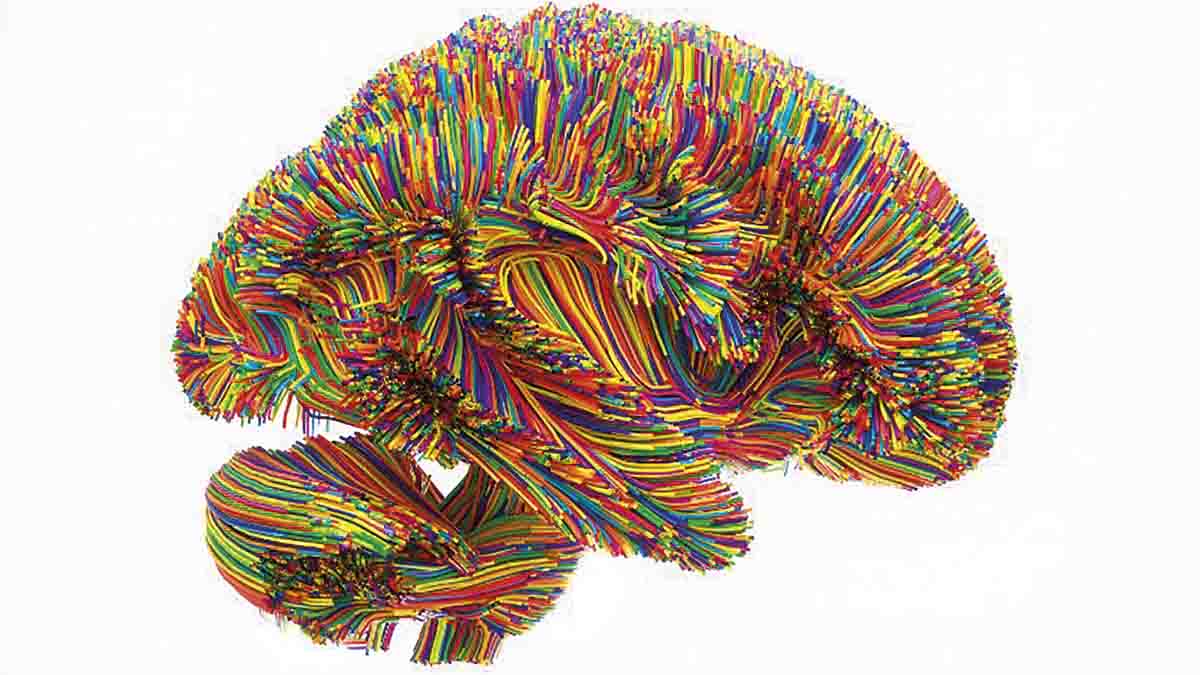Motivation, mood and pain can all be improved with regular exercise – brain chemistry is part of the reason this happens
By Paul Bolger. Chartered Physiotherapist at Nano Physiotherapy, Kilkenny (www.nanophysio.ie).
Exercise goes far above and beyond giving us stronger muscles and healthier hearts – it plays a key role in maintaining a healthy chemical balance within our brain and body. A lot of us have experienced the mood-boosting effects of exercise, but have you ever considered why it has such potent effects on our general wellbeing? Your mood, energy levels and motivation rely heavily on the balance of chemicals (neurotransmitters and hormones) in your body, particularly those acting in your brain.
Feeling Good
People get into exercise for various reasons – from wanting to lose weight, to improving health and meeting new people. But the main reason that people stick with exercise is often the same – it makes them feel better. Chemicals in the brain play a key role in this.
Serotonin is one such chemical. It has many different effects within the body – one such effect is as a mood booster, giving a sense of wellbeing. Serotonin also plays a role in memory, as well as many other processes in the brain and body.
Exercise, whether lifting weights, dancing, swimming or jogging, helps to regulate a healthy balance of serotonin in each of us.
Motivating
Finding the motivation to exercise can be a challenge, particularly for people who are inactive. But did you know that exercise promotes the release of a chemical in the brain that can supercharge motivation?
Dopamine is often thought of as a mood enhancing chemical, but it seems to predominantly affect motivation. Instead of acting as a reward in the brain, dopamine acts to drive us towards obtaining a reward – it motivates us. The gambling industry knows this well – dopamine levels spike when playing games of chance in casinos. This is part of the reason why gambling can be so addictive.
Many anti-depressant drugs act by increasing dopamine in the brain. Feeling unmotivated, sluggish and stagnant is common in depression, and an imbalance of dopamine plays a role in some people. Exercise helps to give us a dopamine boost and promotes a healthier balance of dopamine in our system.
Pain Relieving
Anyone who has experienced the wonderful sense of wellbeing during a “runners’ high” can thank another group of chemicals that exercise promotes – endorphins. Endorphins are the body’s very own pain relievers (the word endorphin means “endogenous morphine” i.e. morphine created within our own body). This might partially explain why exercise can become so additive!
Regular exercise can be an effective way to manage persistent pain. Shifting us towards a healthier balance of endorphins and other similar chemicals in the brain and body is one of the reasons why exercising helps those suffering from chronic or persistent pain.
Two other ways to promote endorphin release include meditation and laughter – so don’t forget to get your daily dose of laughs, it’s good for your health!
Practical Tips:
- When lacking motivation, a bout of exercise can give you a boost
- Exercise regularly to help to relieve pain, particularly persistent pain (work with a qualified exercise specialist like a physiotherapist if you find it difficult or painful to exercise)
- Fit exercise into your day for a boost in mood and energy – without negative side effects


















